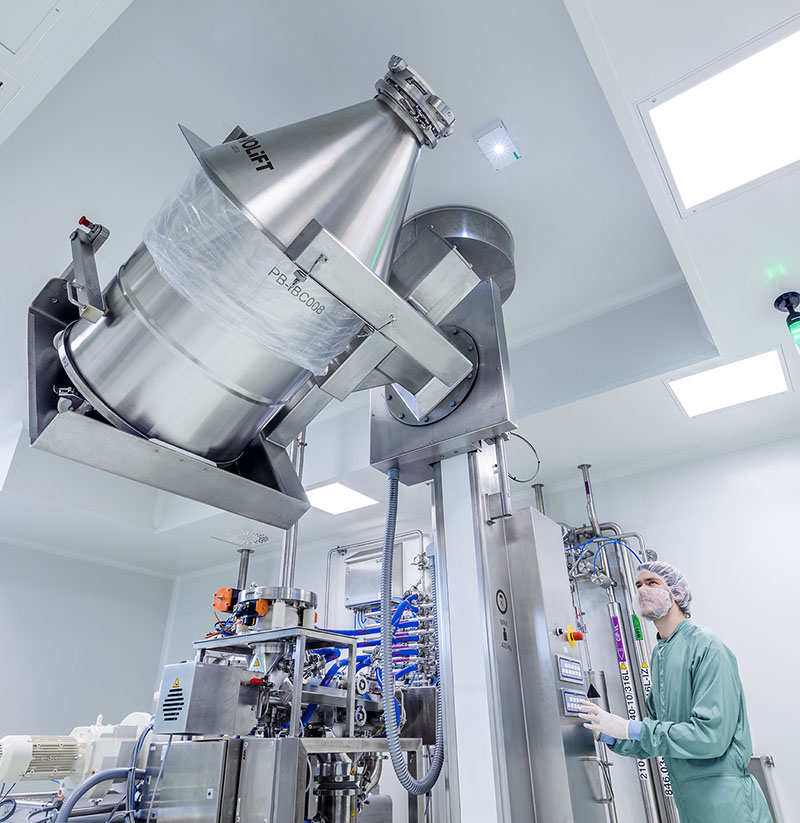We need to boost cell culture media production capacity and make it more intelligent
Ushering in a new era of cell culture production
It was in the 1950’s when the first mass-produced therapy using cell culture techniques, the injectable polio vaccine developed by medical researcher and virologist Jonas Salk, entered the market.
Today, cell culture media is perhaps the most important ingredient in biomanufacturing and the development and production of media has become highly sophisticated. Hundreds of different formulations - many of them contain over 100 components, including amino acids, vitamins, fatty acids and lipids - have been created to support the growth of a wide range of cell lines.
The cell culture market is growing fast - the fastest growing segment is cell culture media that was valued at USD 1.4 billion in 2017 and for the next few years, the estimated growth rate is around 8 percent.
Productivity and consistent product quality are of course high on the biomanufacturers’ agenda when they are choosing media, but security of supply – uninterrupted supply of product that ensures a reliable patient access to therapeutics - has also become increasingly important as biologics are gaining a more central role in healthcare and patient treatment.
This is one of the reasons why we have increased our cell culture media production capacity by tenfold in Pasching, Austria. This is helping us to strengthen the supply to our customers in Europe.
Another requirement that biomanufacturers are juggling with more and more, is the intensifying regulatory requirement for raw material traceability. There is a need to increase supply chain visibility and mitigate supply risks proactively. We see that digital solutions are necessary to cater these expectations.
That is why we are not only doubling the production capacity in Logan, Utah, but also modernizing the manufacturing through digitalization and analytics. This means that our customers will receive real-time data on their cell culture media and its quality.
We are doing this because it is not enough to only increase our capacity. We need to create intelligent capacity that offers security, transparency and increases our customers’ control over their overall manufacturing process performance and its relationship with raw materials, driving productivity and efficiency for biomanufacturers.
Interested in learning more about our investment in cell culture capacity and digitization? Read the full announcement here.
